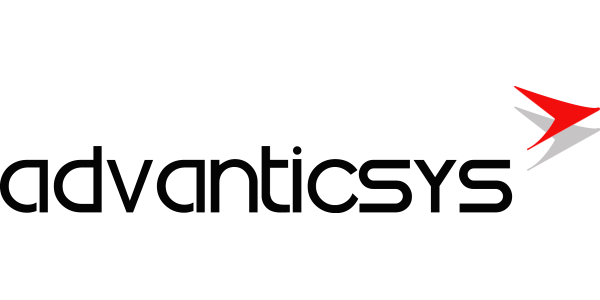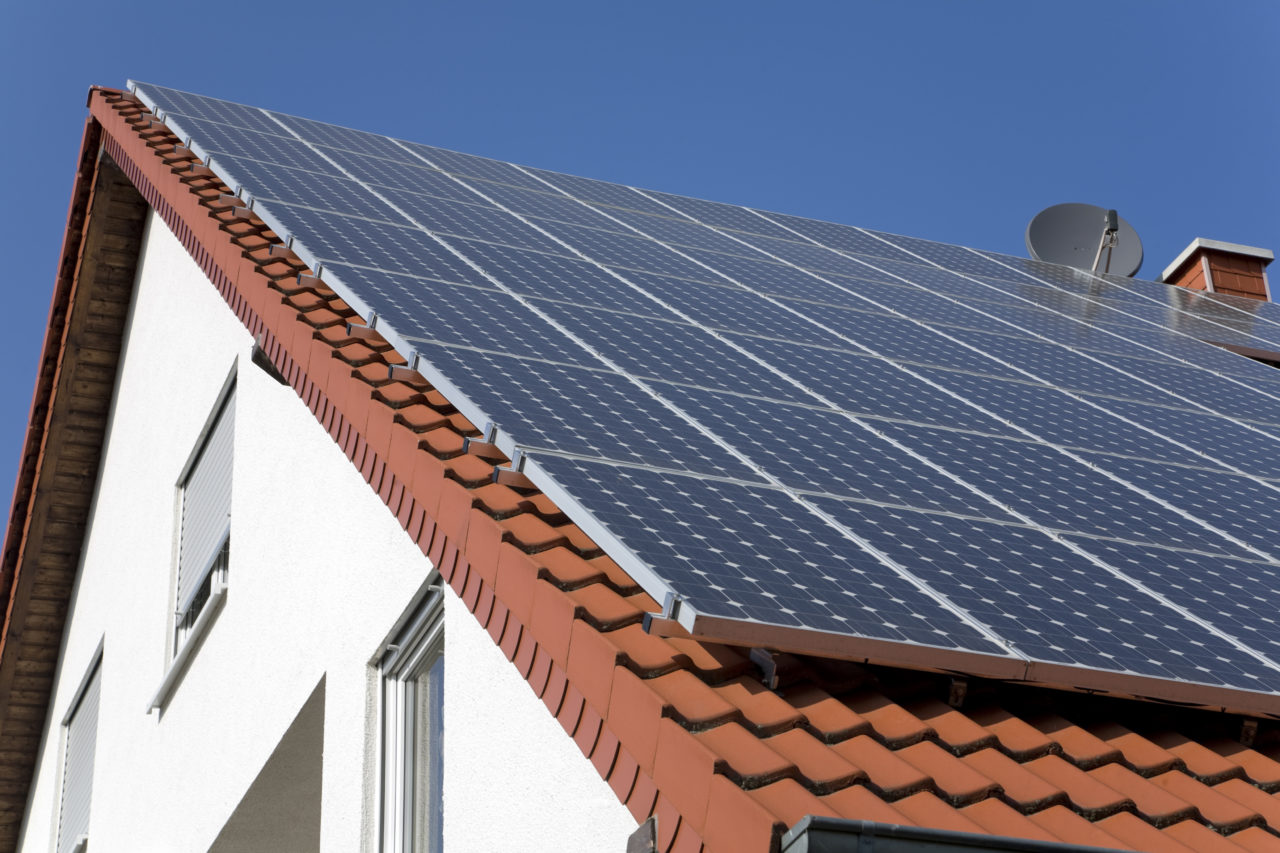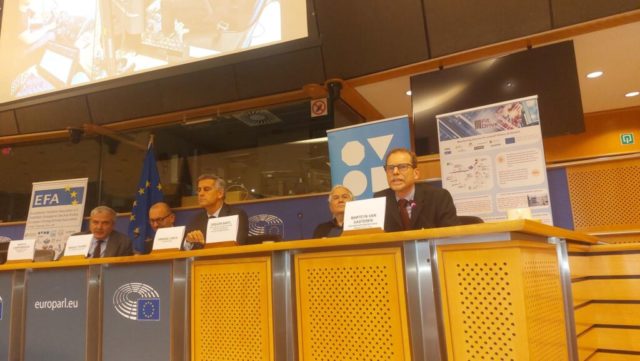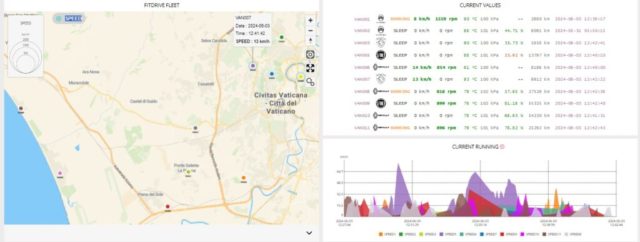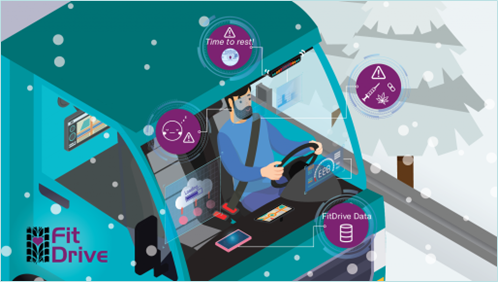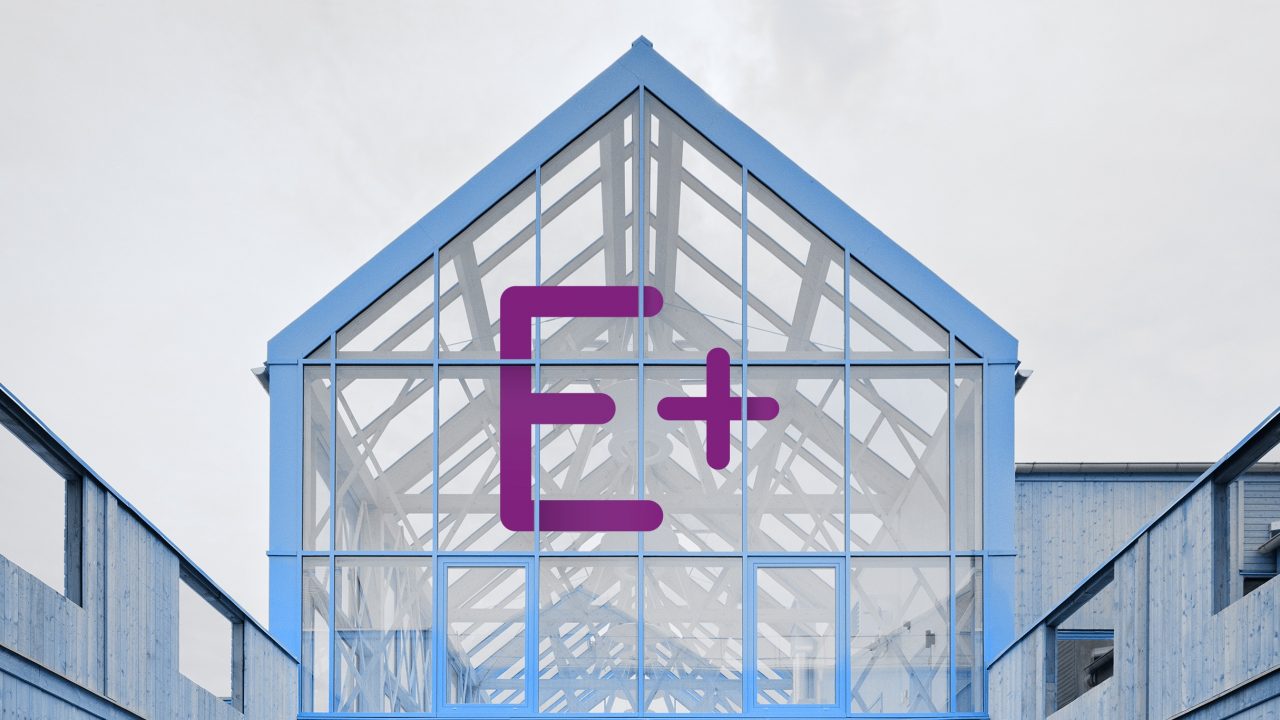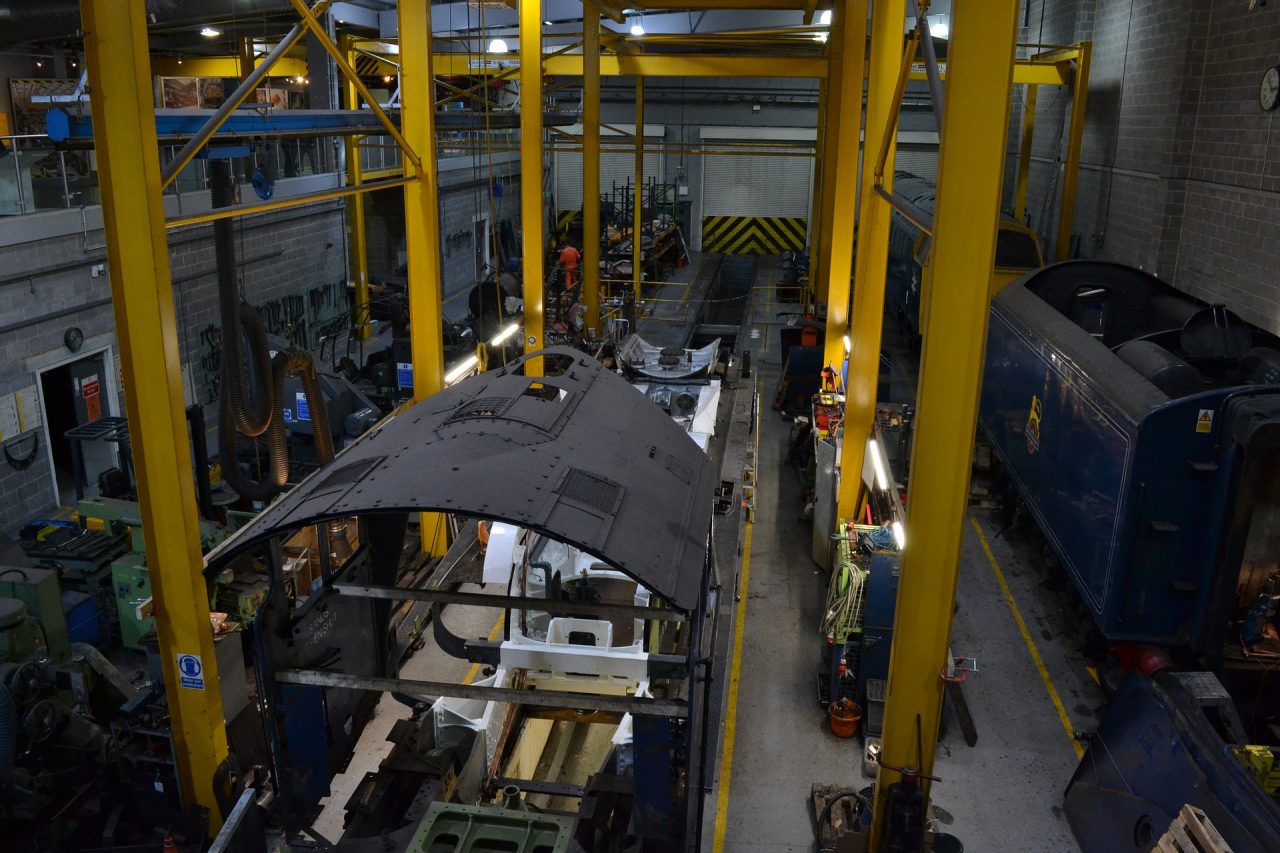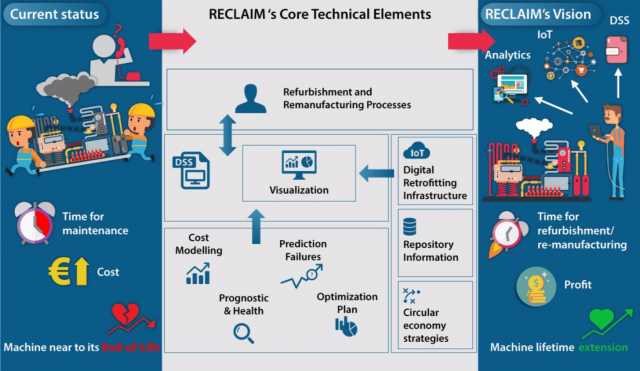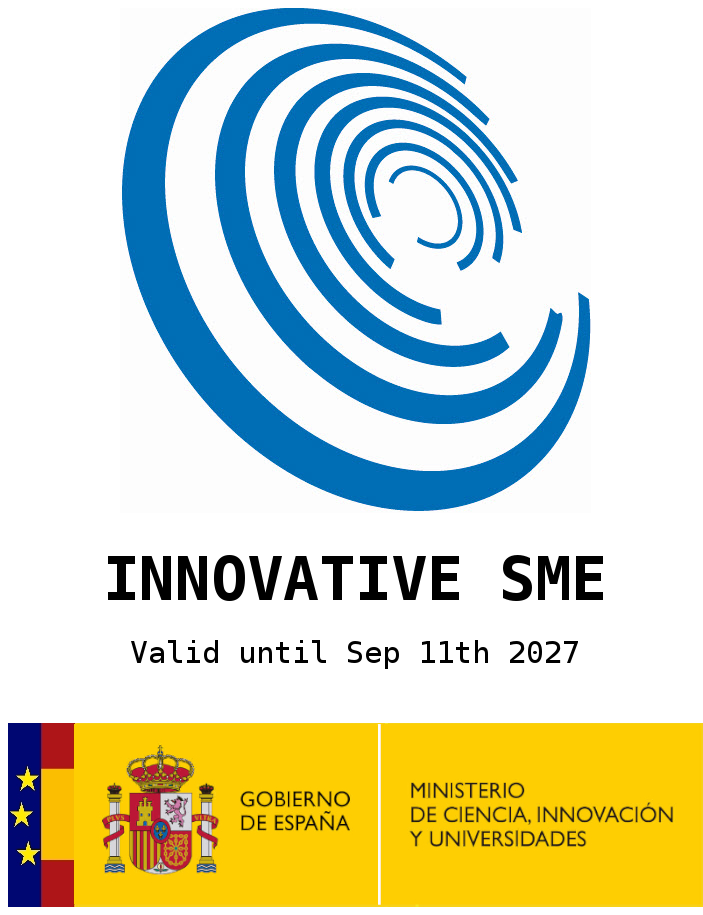We are excited to announce that ADVANTICSYS is proud to be a part of the DR-RISE project, an ambitious initiative aimed at enhancing energy resilience across Europe. The DR-RISE project focuses on developing and implementing innovative demand response solutions to strengthen the stability and sustainability of energy systems.
At ADVANTICSYS, we bring our expertise in advanced monitoring and control technologies to the project, working closely with our partners to integrate cutting-edge solutions that empower consumers to play an active role in energy management. Our goal is to help reshape the future of energy use by making systems more flexible, reducing energy costs, and contributing to a cleaner, more sustainable environment.
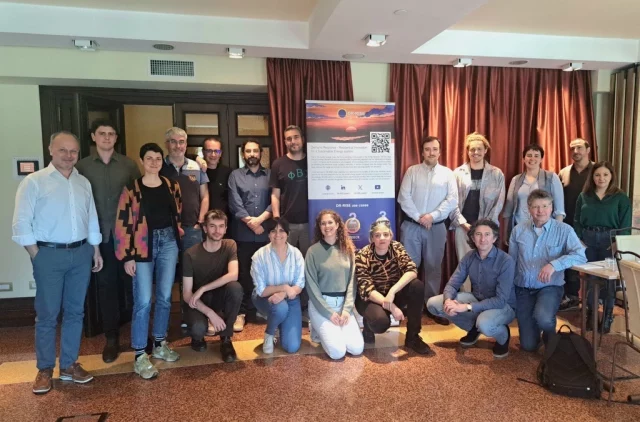
What is DR-RISE?
DR-RISE (Demand Response for Resilience, Stability, and Energy Efficiency) is a groundbreaking European initiative that seeks to enhance energy resilience by empowering consumers to adjust their energy consumption in response to supply conditions. The project’s aim is to address current energy challenges, improve grid stability, and promote energy savings by optimizing demand response strategies.
With participation from top industry players and research institutions, DR-RISE is at the forefront of technological innovation in the energy sector. ADVANTICSYS, as part of the project consortium, will contribute to developing integrated solutions that enable real-time energy monitoring, demand control, and data-driven decision-making.
Our Role
As a leader in the field of energy management systems, ADVANTICSYS will be contributing its technological expertise to ensure the seamless integration of demand response strategies. Our role in DR-RISE includes:
- Developing advanced sensor and monitoring systems for real-time energy consumption tracking.
- Providing smart energy control solutions to support flexibility in energy use.
- Collaborating with project partners to design scalable and user-friendly platforms for energy management.
- Implementing solutions that help consumers reduce energy costs while contributing to grid stability.
Looking Ahead
Through our participation in DR-RISE, we are committed to driving innovation in the energy sector and contributing to a resilient, sustainable energy future for all. We believe that demand response solutions will play a critical role in reducing energy consumption and stabilizing energy grids, helping to meet the challenges posed by the energy transition.
Stay tuned for updates on our journey as part of the DR-RISE project!
This project received funding by the European Union under the Horizon Europe Framework Programme
